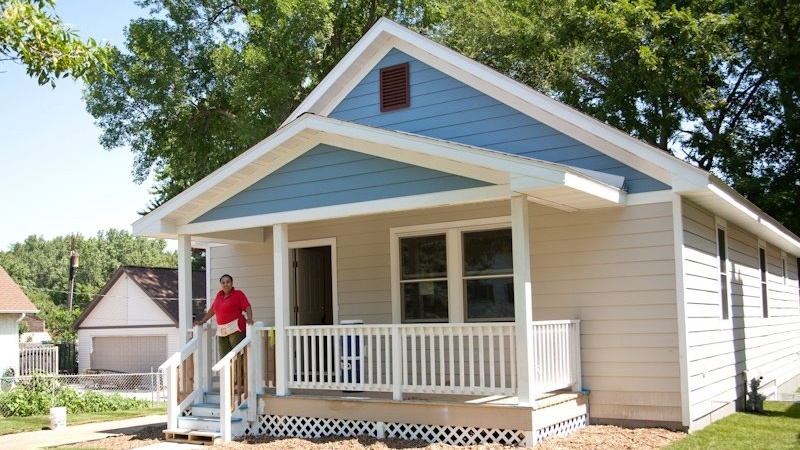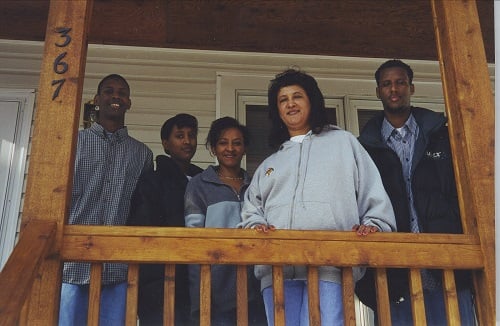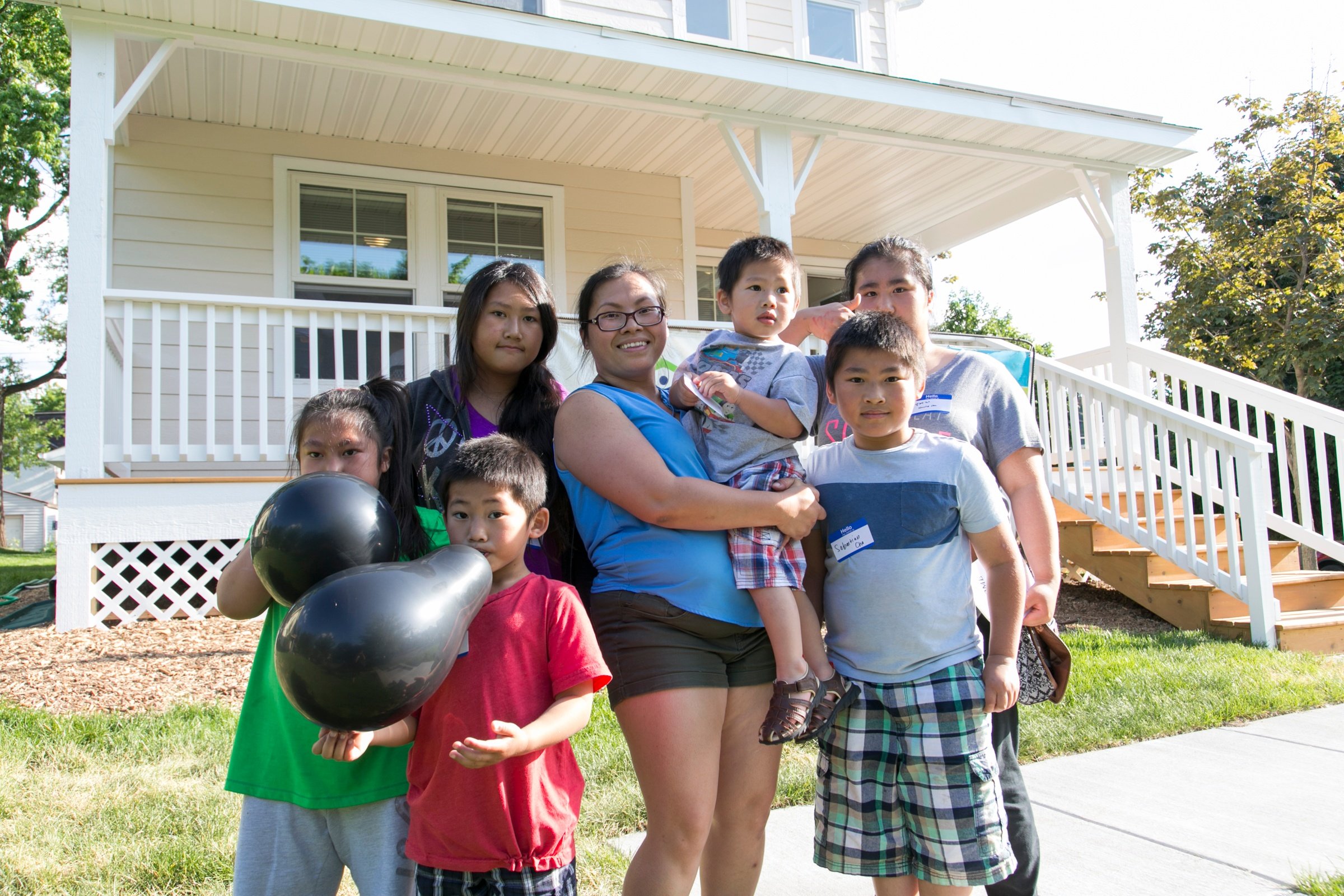7 Things to Avoid Between Loan Pre-Approval and Your Home Closing
You're pre-approved for a home loan—congratulations! You're about to embark on one of the most exciting parts of your homeownership journey, and...
3 min read
 Twin Cities Habitat for Humanity
:
9:39 AM on September 27, 2018
Twin Cities Habitat for Humanity
:
9:39 AM on September 27, 2018

 The first time you buy a house you may hear several terms you don't know. One of these terms is home equity. While it may be a little confusing at first, it's important to understand these terms before closing on a house.
The first time you buy a house you may hear several terms you don't know. One of these terms is home equity. While it may be a little confusing at first, it's important to understand these terms before closing on a house.
So, what is home equity? Why is it important? How can you build your home’s equity? And what does market value have to do with it?
Home equity is the difference between how much your house is worth today and the amount you owe to pay for it. The size of your home equity depends on three things:
In essence, home equity is how much money you would keep if you sold your home today. If you want to estimate how much equity you might have in your home, here is an easy way: subtract the amount you still owe on your mortgage (the principal balance) from your home’s current market value.
| Current market value of house | - | Amount remaining on mortgages | = | Your home equity |
| $210,000 | - | $145,000 | = | $65,000 |
How do you find the current market value of your home? Do a search online on websites like www.trulia.com or look at your most recent annual property tax statement. The market value of your home is often somewhere between those two.
How do you find how much you still owe? Look at your most recent mortgage statement from your lender. (Important note: If you received down payment or purchase help in the form of second mortgage loans and any of those need to be repaid, be sure to add those amounts to your mortgage balance to find out how much total you must pay back.)
Owning a home has many advantages: it’s a stable place, you can develop relationships with neighbors and your community, and if you have kids they can stay in the same school. If you buy wisely, your home can also become a financial asset to you. Building equity in your home is a long-term investment strategy. Home equity increases slowly, but the longer you live in your house, the more potential home equity you can build.
So, each time you make a monthly house payment, imagine it like making a regular deposit in a savings account. The money you pay on your mortgage, plus any increase in the home’s value, is money that you could get back when the house is sold.
It's important to understand that only a portion of your monthly mortgage payment goes towards the principal (or balance). Mortgage payments are amortized - broken down into payments of interest and principal - and a large portion of the initial payments is designated for interest, rather than going towards the principal. While your monthly payment stays the same each month, over time a bigger part of each monthly payment goes to pay down this balance.
Using a loan amortization calculator can help you visualize how much of the mortgage you pay goes towards interest and how much goes into your home equity. As time passes, the balance of the loan decreases and the owner pays more towards the principal rather than the interest on the loan, thereby increasing your home equity.
Keep in mind that property market values — the amount a buyer may be willing to pay for your house — fluctuates over time. Hopefully, the value of your home will go up during the time you live in it, but an increase in value is not guaranteed.
The amount that your property increases in value over time will directly affect the amount of home equity you have in the property. Since that can be difficult to picture, we show three possible scenarios below - when the home value rises, when it stays the same, and when it actually falls below the purchase price.
|
Purchase price of home |
Current market value of house |
- |
Amount owed on mortgage |
= |
Home equity |
|
|
House value increases over time |
$185,000 |
$210,000 |
- |
$125,000 |
= |
$85,000 |
|
House value remains steady |
$185,000 |
$185,000 |
- |
$125,000 |
= |
$60,000 |
|
House value drops |
$185,000 |
$165,000 |
- |
$125,000 |
= |
$40,000 |
Home equity can be a smart way to build up your assets and have money tucked away that you can count on later in life, all while living in a home that you love.
And buying a home through Twin Cities Habitat for Humanity, where you can be sure you’re able to afford your home, can be a smart way to build up your assets! Learn more about our Homeownership Program.
Your gift unlocks bright futures! Donate now to create, preserve, and promote affordable homeownership in the Twin Cities.

You're pre-approved for a home loan—congratulations! You're about to embark on one of the most exciting parts of your homeownership journey, and...

Buying a home is an exciting experience, especially if it's your first time. If you've never taken out a home loan, it's perfectly normal to be...

Congratulations, you’re a homeowner! You paid your down payment, signed on the dotted lines, and are now holding the keys to your very own home. But...